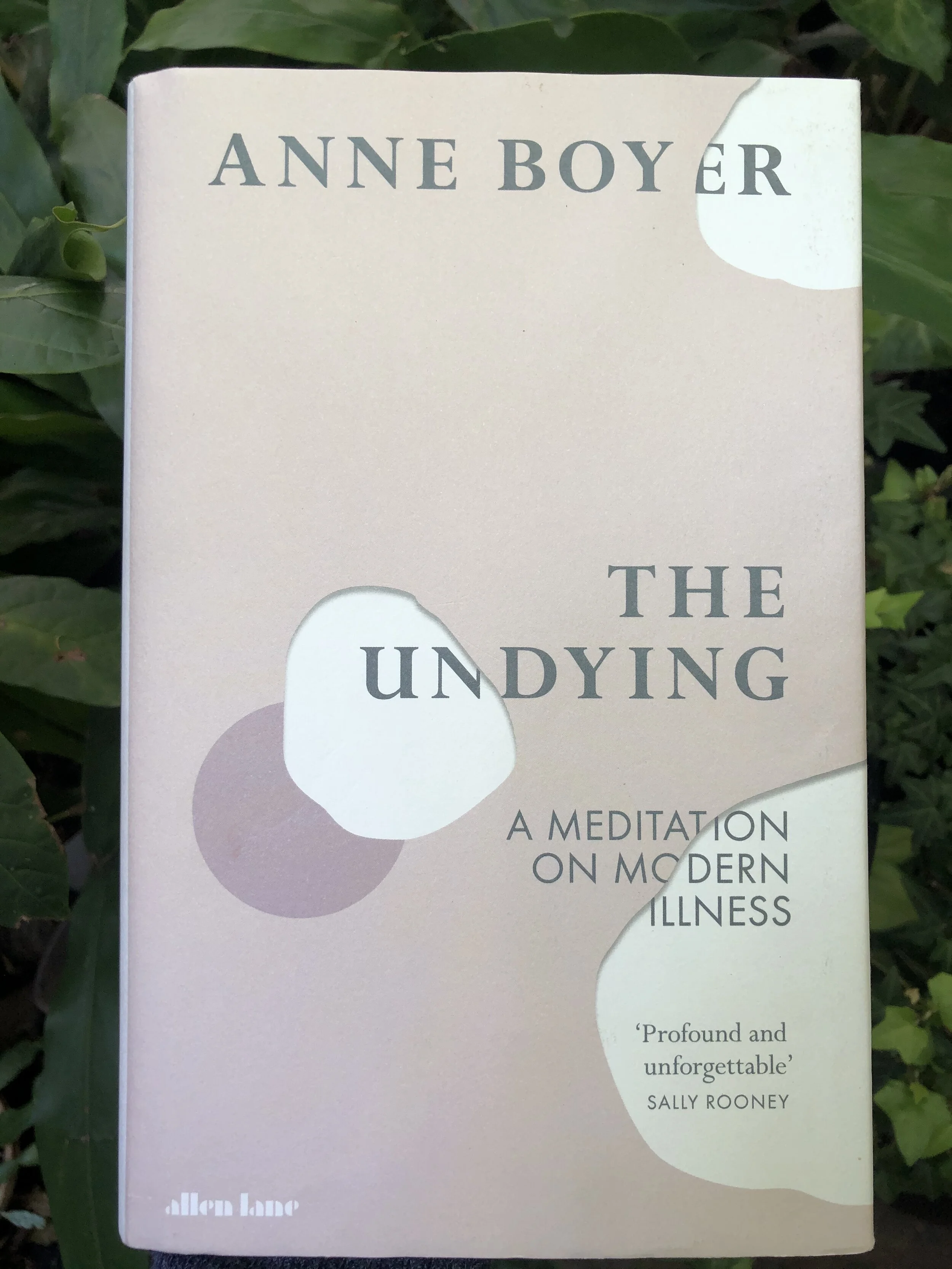Paying Attention: Fiona Murphy, El Gibbs, Fiona Wright, Hannah Diviney and Michelle Law, SWF 2022
On the last day of the Sydney Writers’ Festival 2022 I went to an afternoon session called ‘Paying Attention’. It was curated by Deaf poet and essayist Fiona Murphy, author of the acclaimed 2021 memoir The Shape of Sound.
I was there because I’m interested in the idea and practice of paying attention – and I love the writing of two of the panellists, Fiona Murphy and Fiona Wright. Beyond that I had no idea what to expect. It turned out to be a riveting, illuminating, funny and very moving conclusion to my SWF 2022.
Murphy had invited four writers with disability and chronic illness – El Gibbs (live via video), Fiona Wright, Hannah Diviney and Michelle Law – to flip the script and speak of their conditions as superpowers, as expertise they should be charging money for.
She opened by noting that we’re living in an attention economy, but it’s unevenly distributed: people with disability and chronic illness are exposed to things they have to attend even if they don’t want to.
Read More








